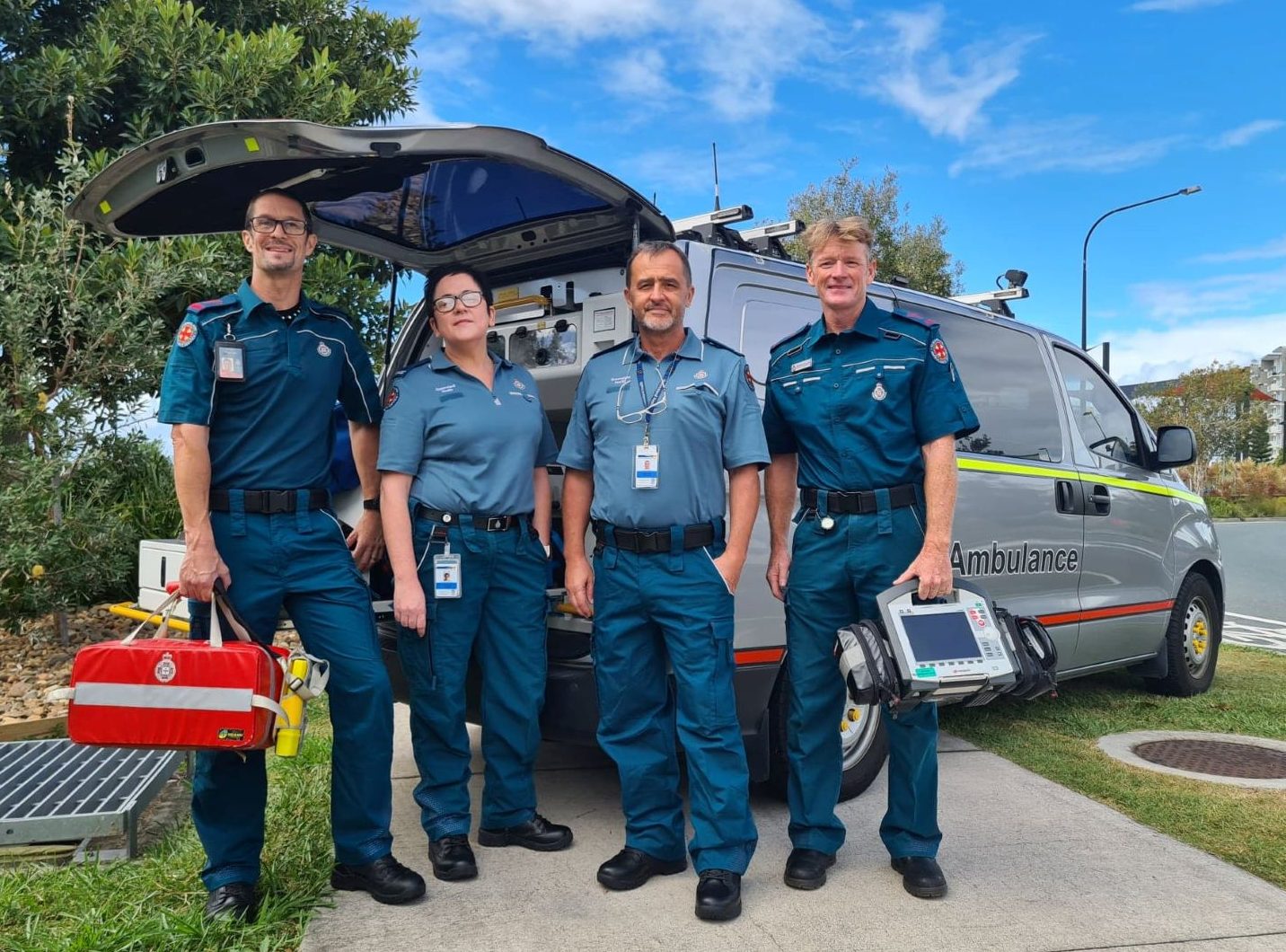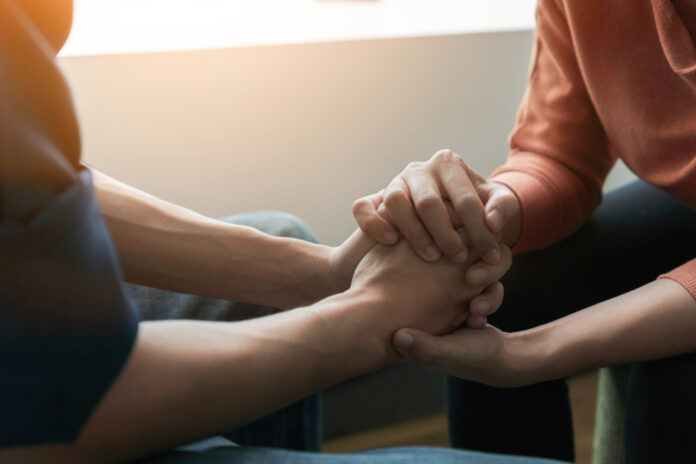A program that pairs senior paramedics with senior mental health clinicians to provide care to people in crisis has secured funding to ensure its continuation.
The Sunshine Coast Mental Health Co-Responder Program, which began in April 2021, will receive a contribution of $1.76 million a year from the state government.
The program, run in partnership with Queensland Ambulance Service and Queensland Health, aims to relieve pressures on emergency departments and reduces avoidable trips to hospital for Sunshine Coast residents.
Related story: Joint effort treats mental health emergencies at home
Queensland Ambulance Service Mental Health Response Program director Sandra Garner said the initiative had shown positive signs.
“Around the state the Mental Health Co-Responder teams see around 1000 people in a mental health emergency each month,” she said.
“Around 80 per cent of those people are offered interventions in their own environment or homes.
“The program commenced during a trial in South-East Queensland in 2019 and has expanded to 15 sites across the state thanks to its huge success.”

By pairing a senior QAS paramedic with a senior mental health clinician from the Sunshine Coast University Hospital, the co-responder program enables the delivery of fast and collaborative specialist care to people experiencing mental health crises.
By treating people in their homes, the program also diverts people away from emergency departments and eases pressure on the whole health system.
The recent state budget included an additional $760,000 in annual funding to expand the program on the Sunshine Coast, to ensure more mental health services in the region.
The co-responder program is just one component of the QAS’s larger Mental Health Response Program, which also includes a 24-hour dedicated Mental Health Liaison Service embedded within the Brisbane Operations Centre.
Minister for Health, Mental Health and Ambulance Services Shannon Fentiman last week visited the Birtinya Ambulance Station to meet with the staff who have been running the program.
“We are committed to delivering free world-class health care to Queenslanders, where and when they need it,” Ms Fentiman said.
“The Mental Health Co-Responder Program is a great example of how we are delivering the innovative and targeted care that Queenslanders need.
“We know EDs aren’t always the best place for people experiencing a mental health crisis, so providing an appropriate alternate pathway not only leads to better outcomes for the individual, but for the health system as a whole.”
Since starting in 2021, $1.38 million has been invested in the Sunshine Coast Mental Health Co-Responder Program.
Following the recent state budget, the QAS will be providing $1.3 million in annual funding towards the program.
The Sunshine Coast Hospital and Health Service currently provides $460,000 annually for the next five years.
Scroll down to SUBSCRIBE for our FREE news feed, direct to your inbox daily.





